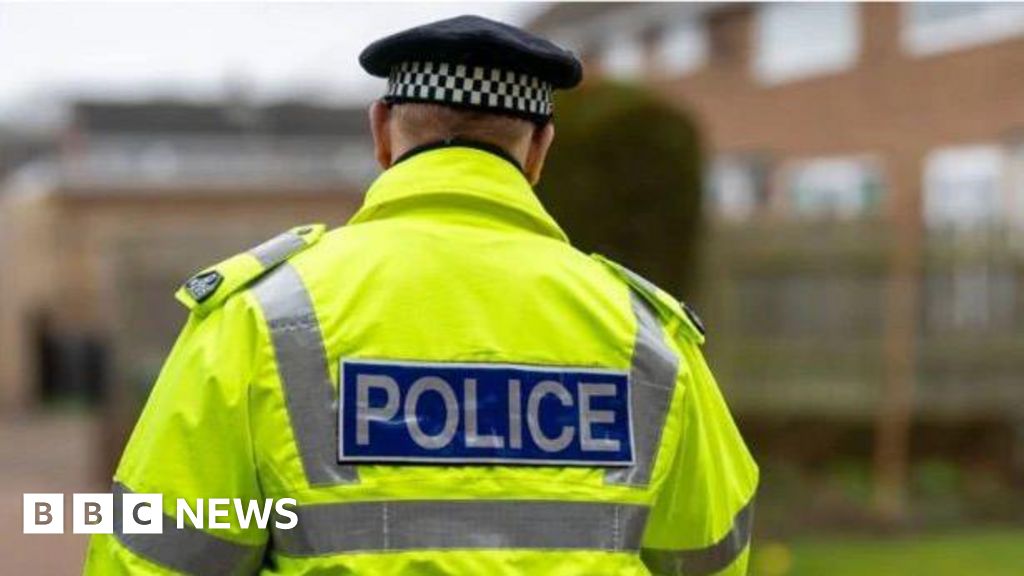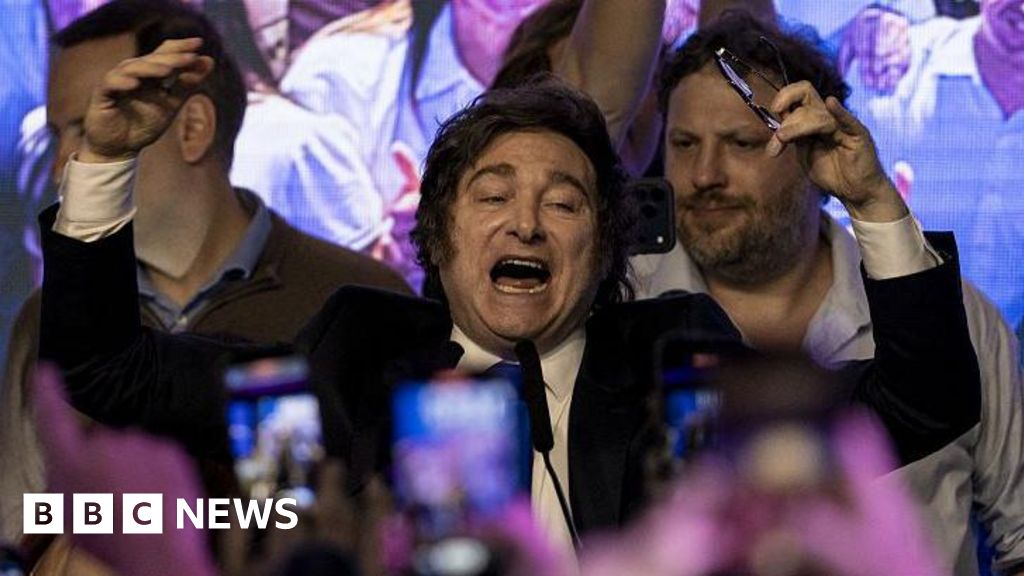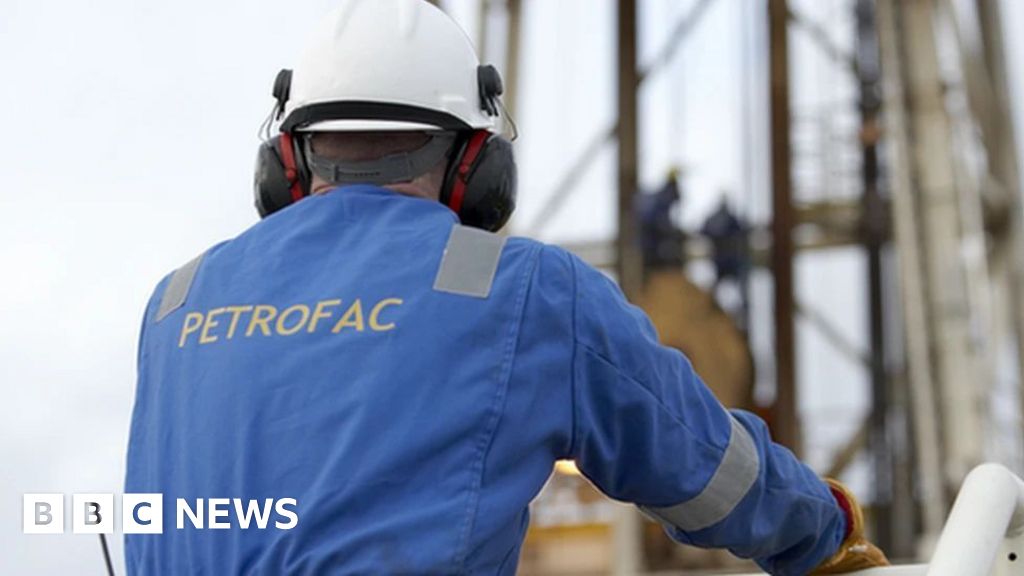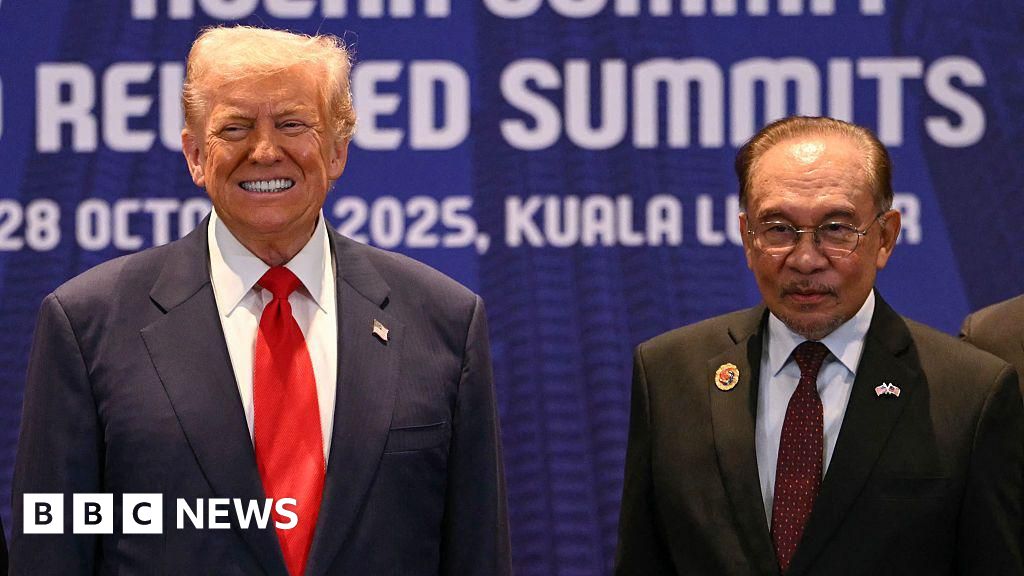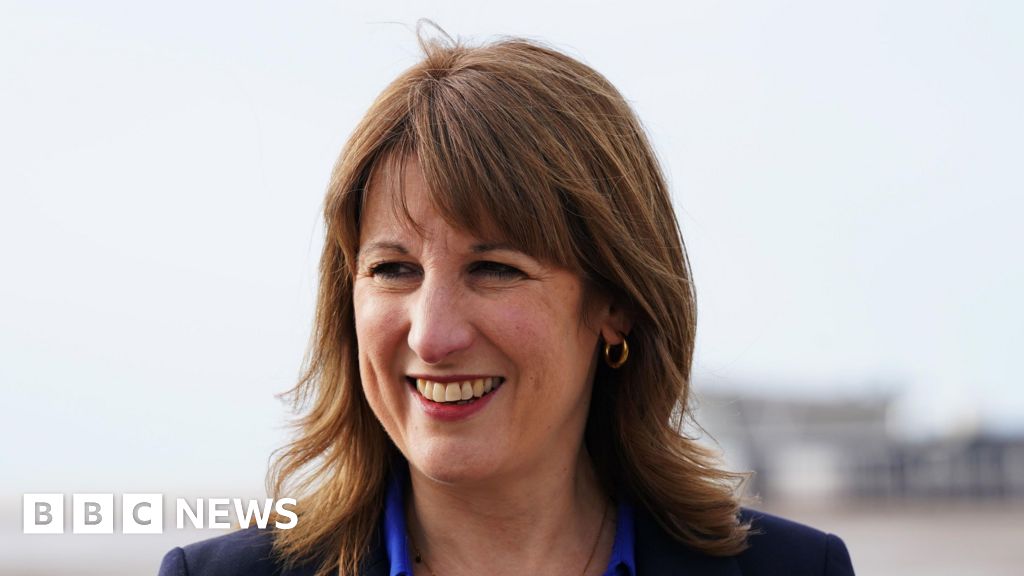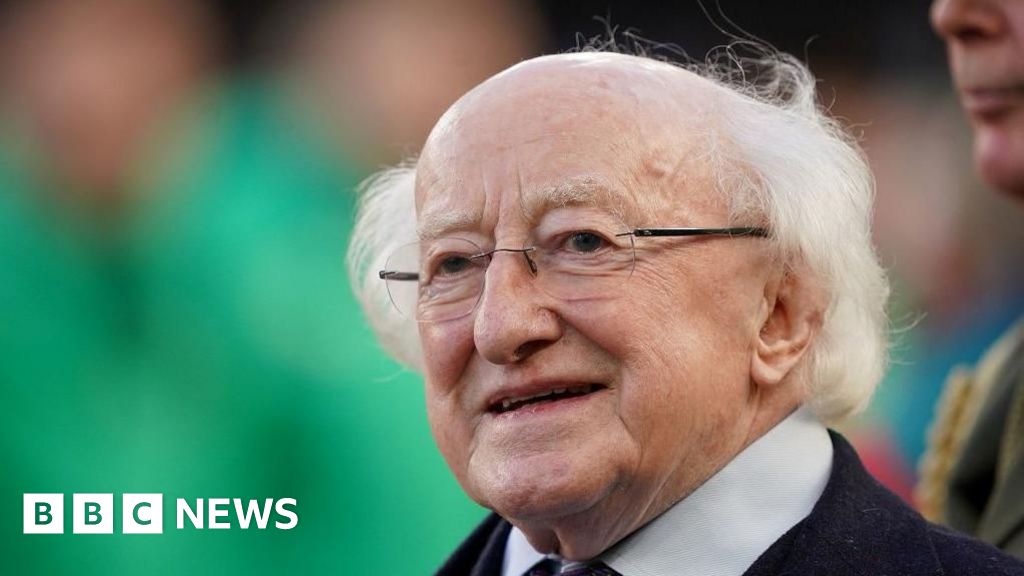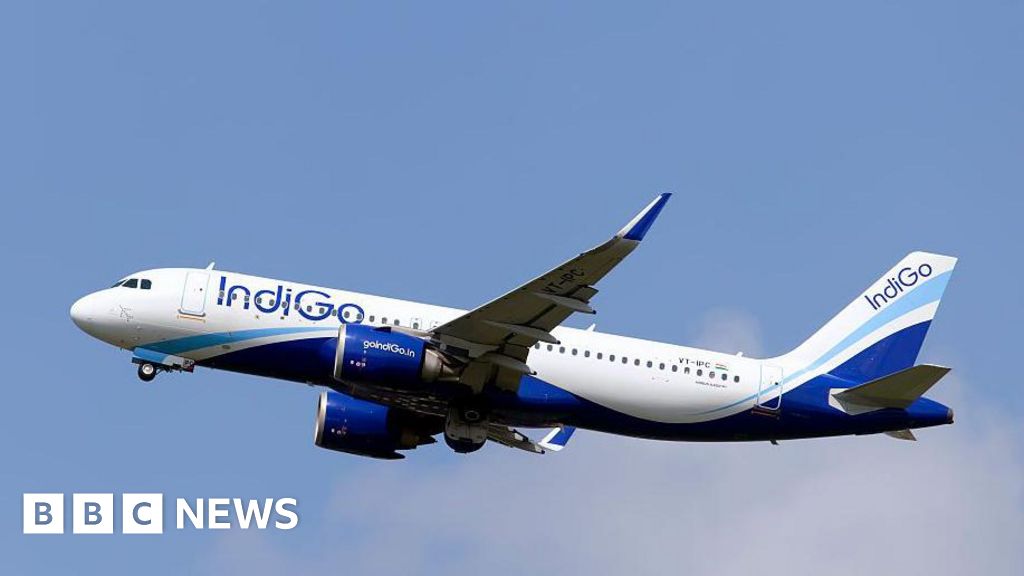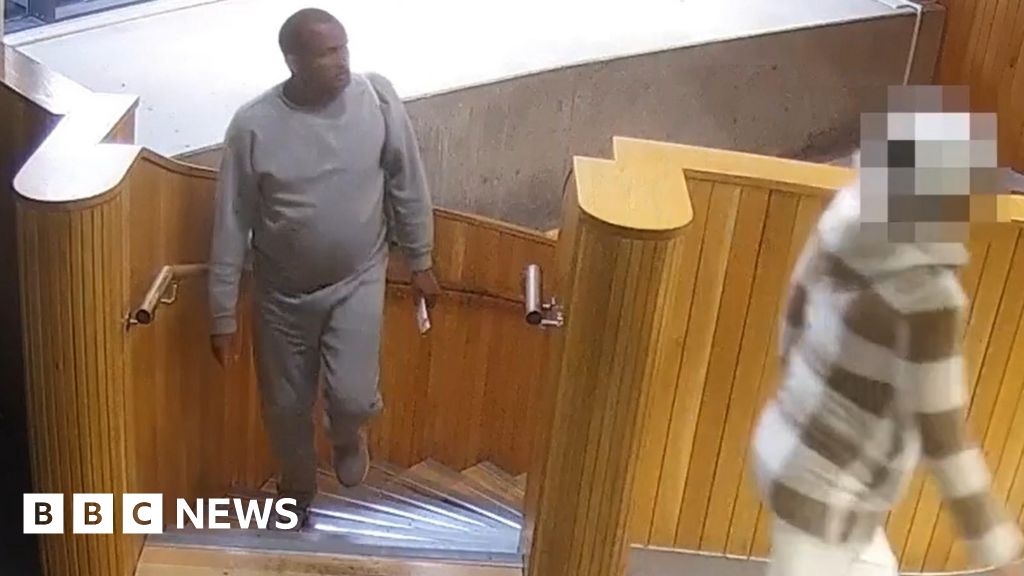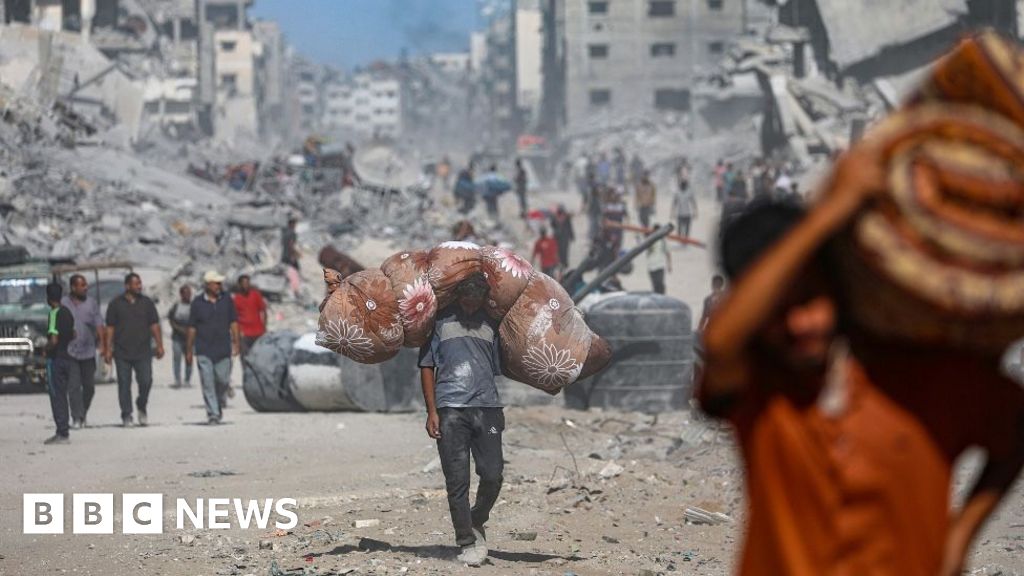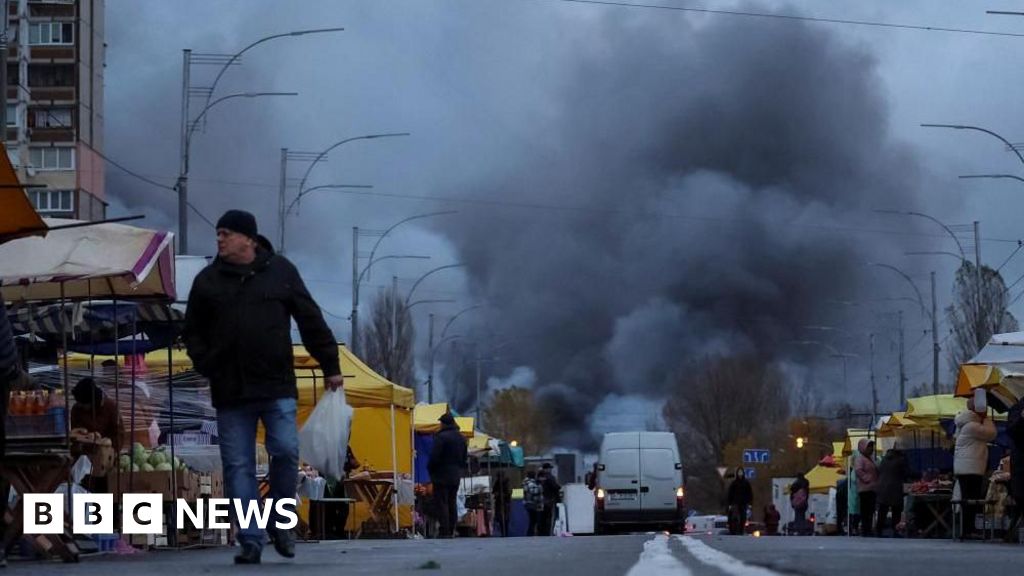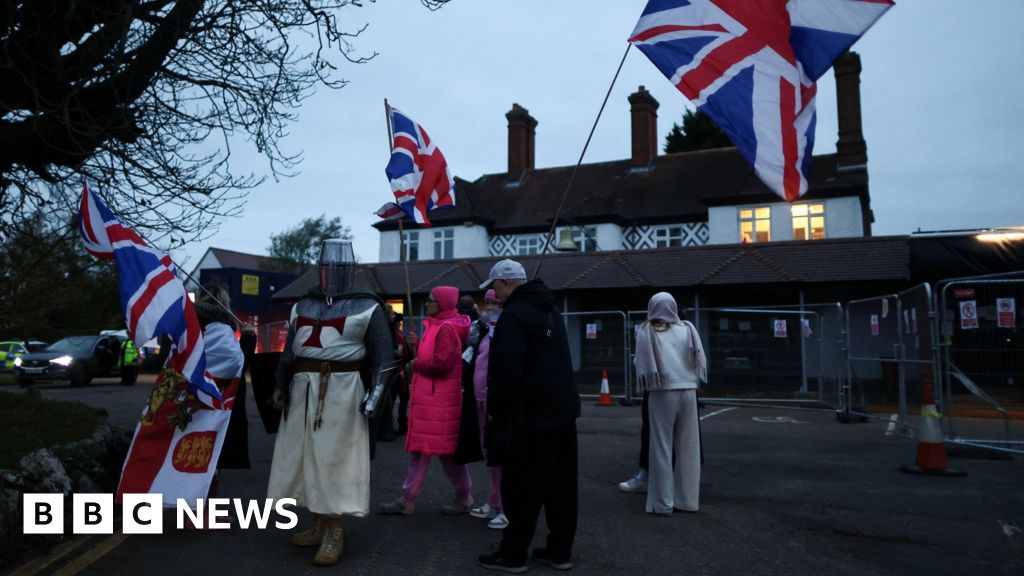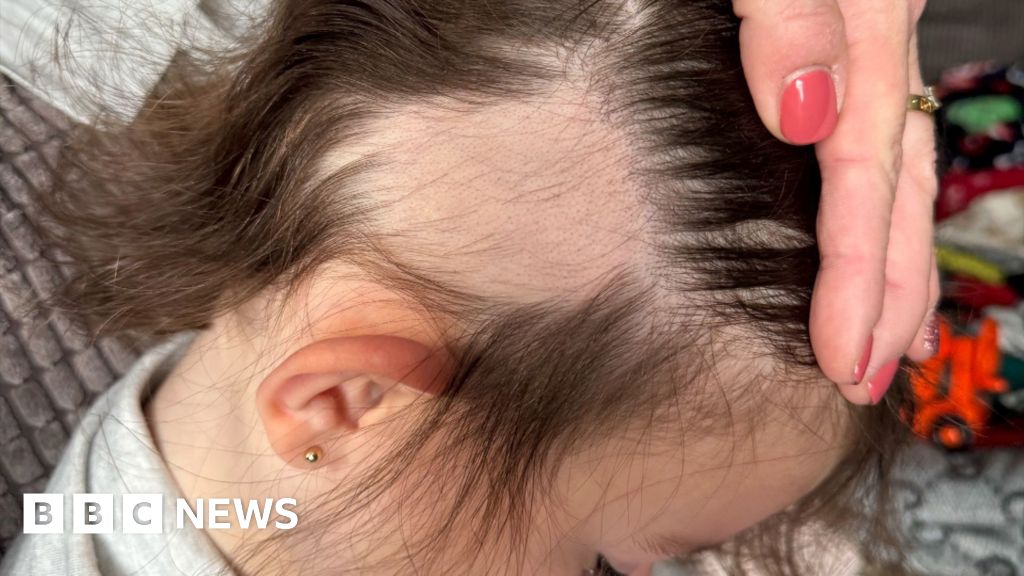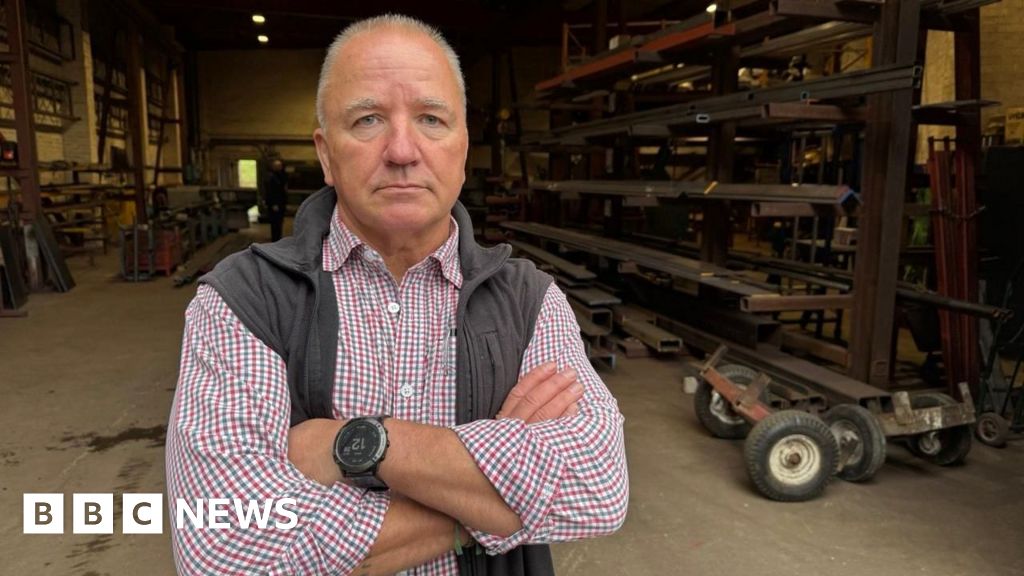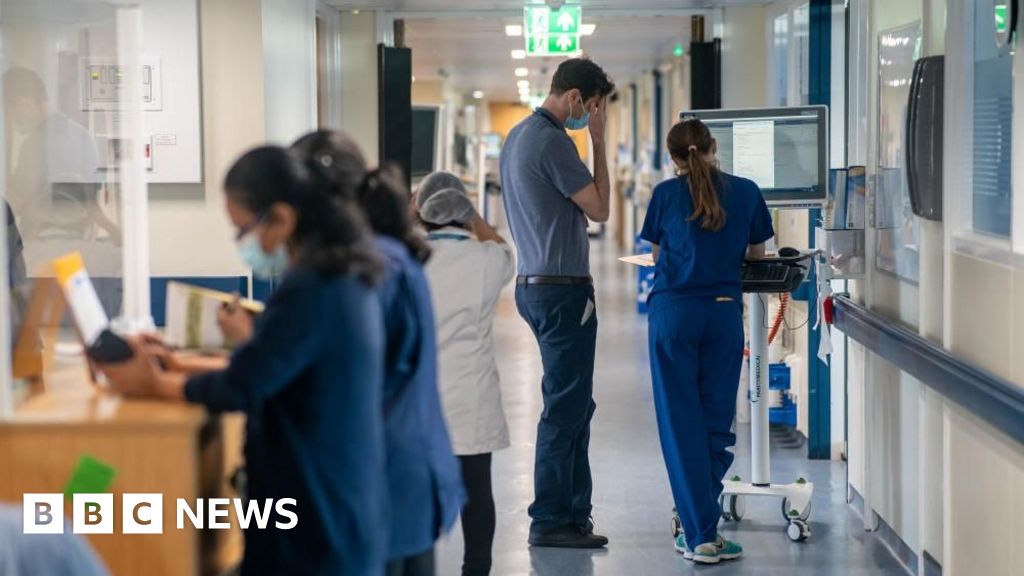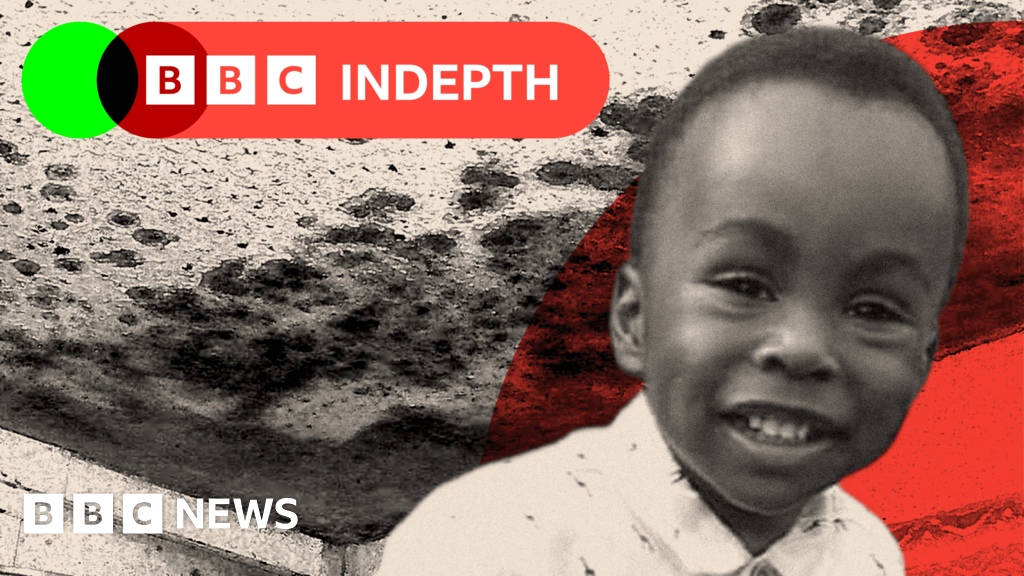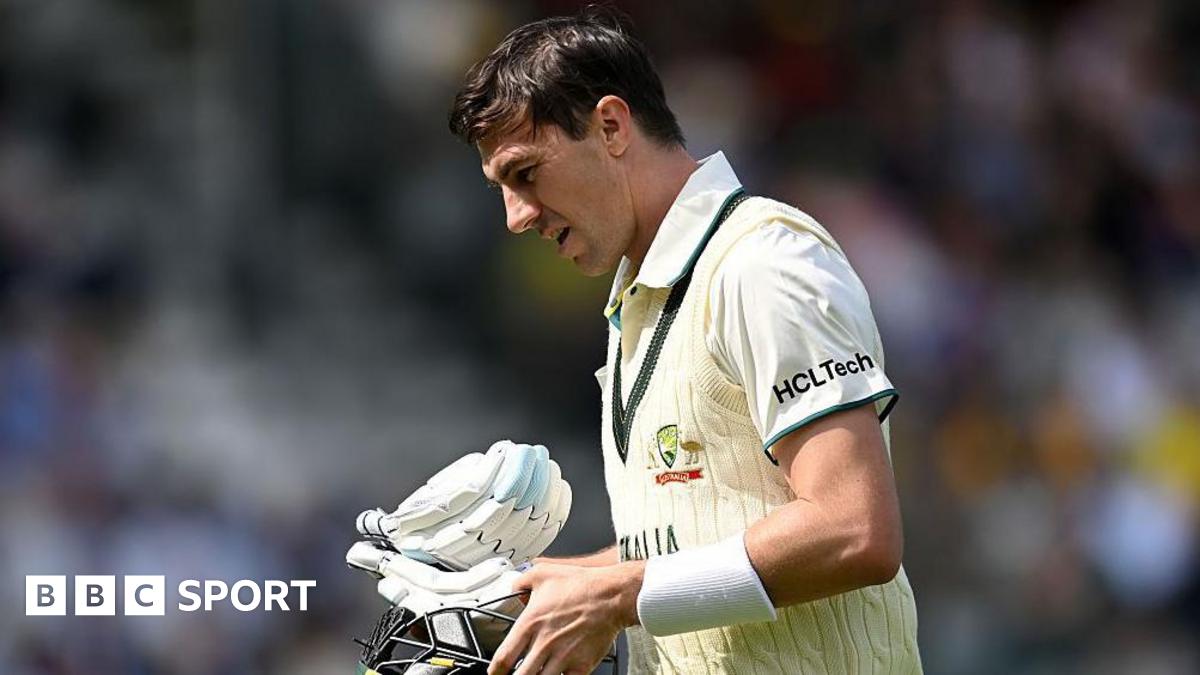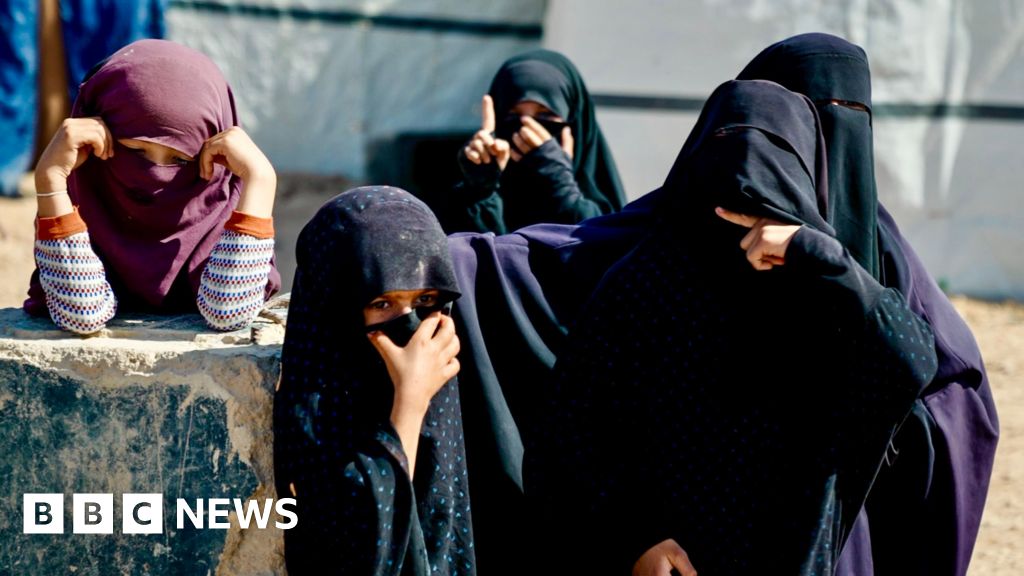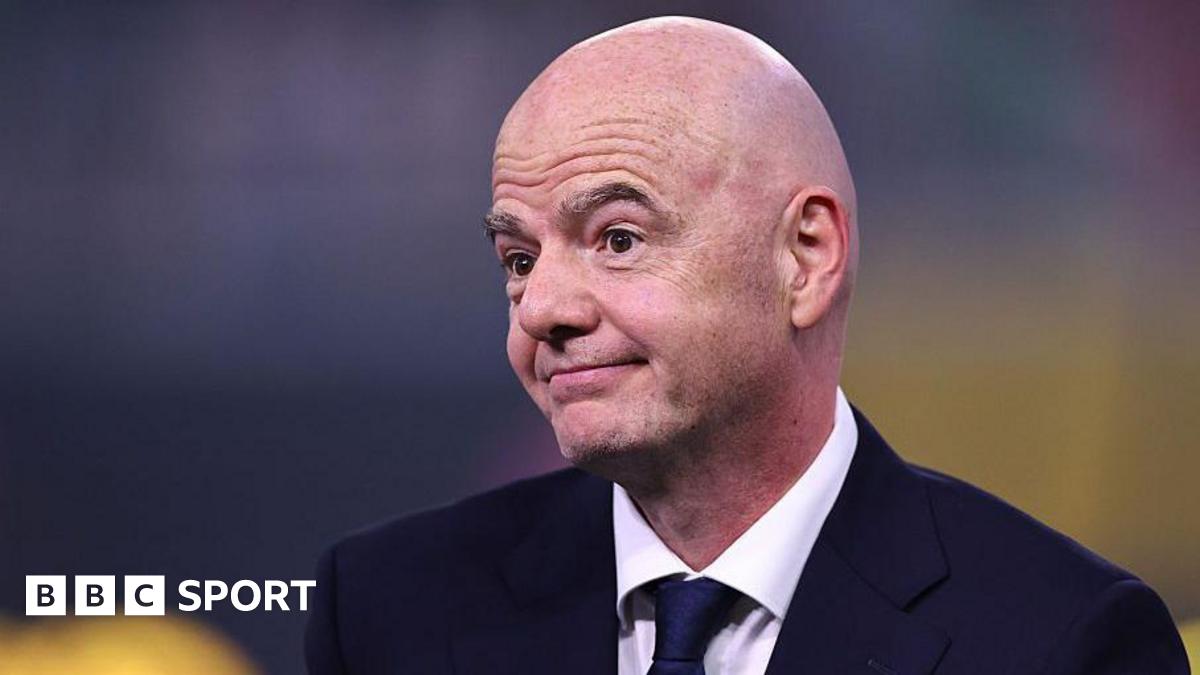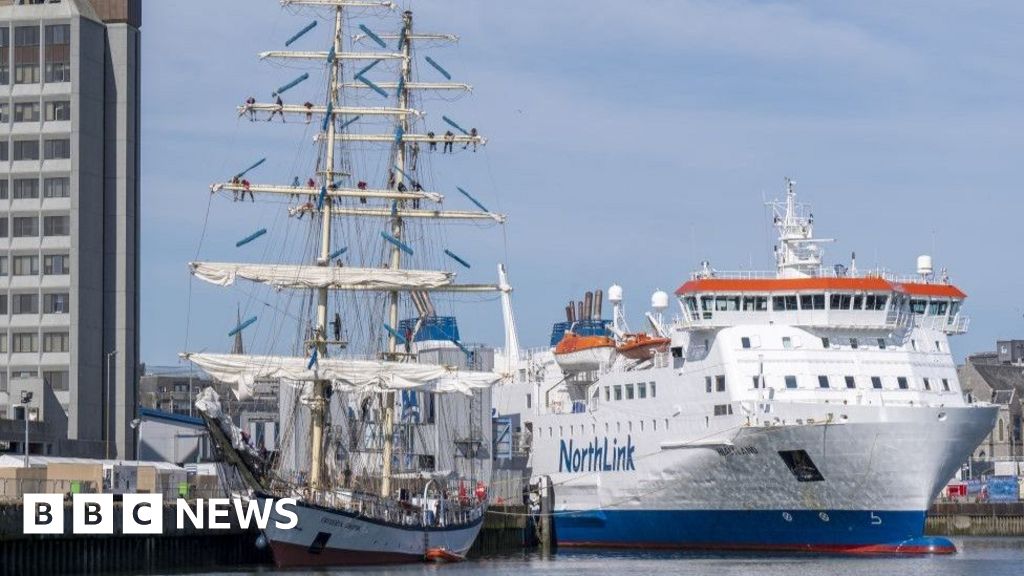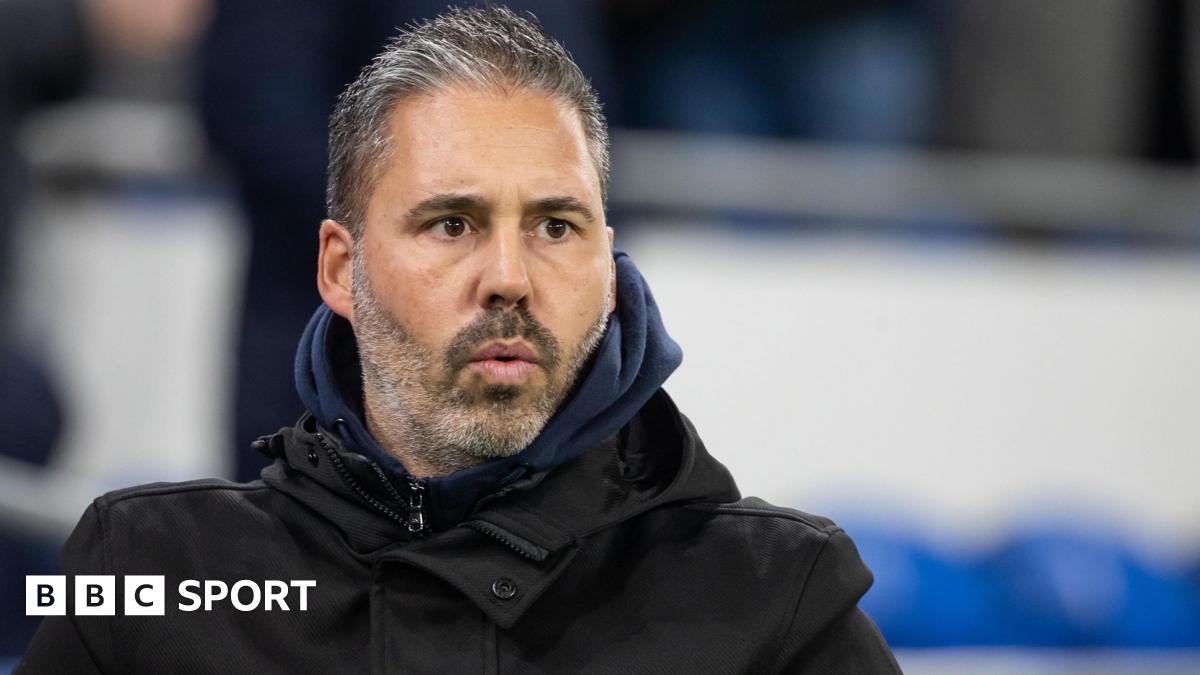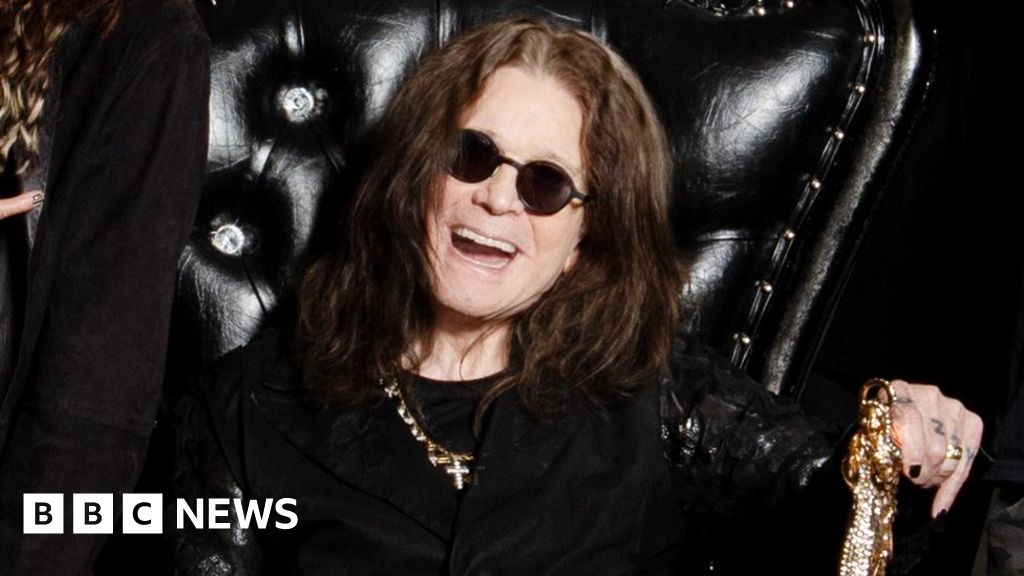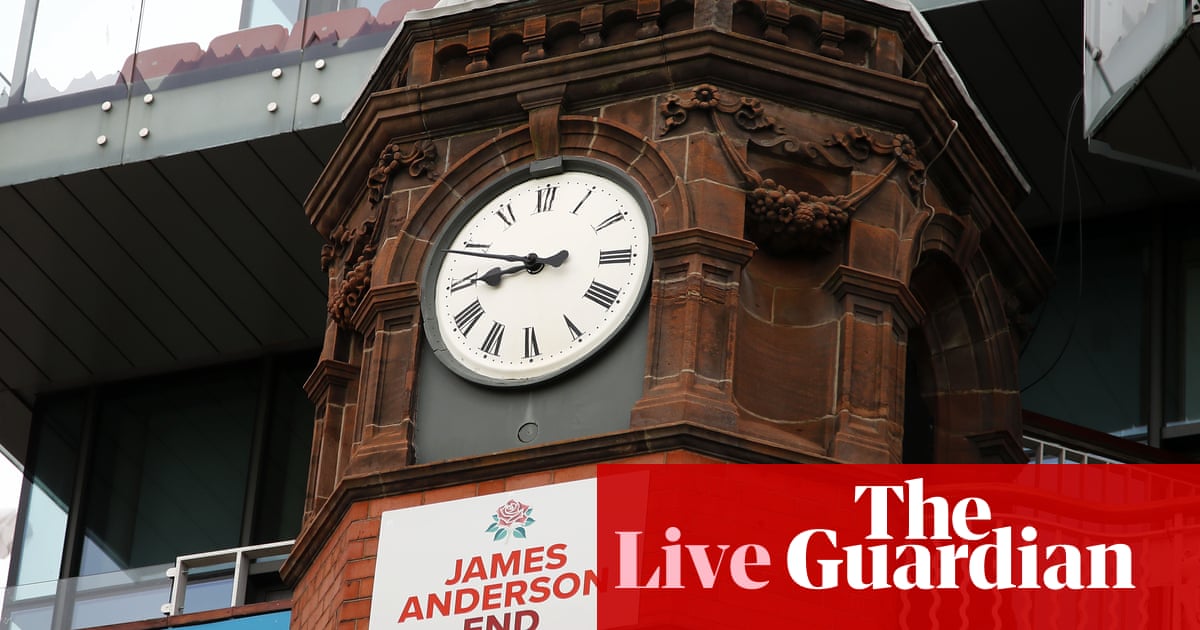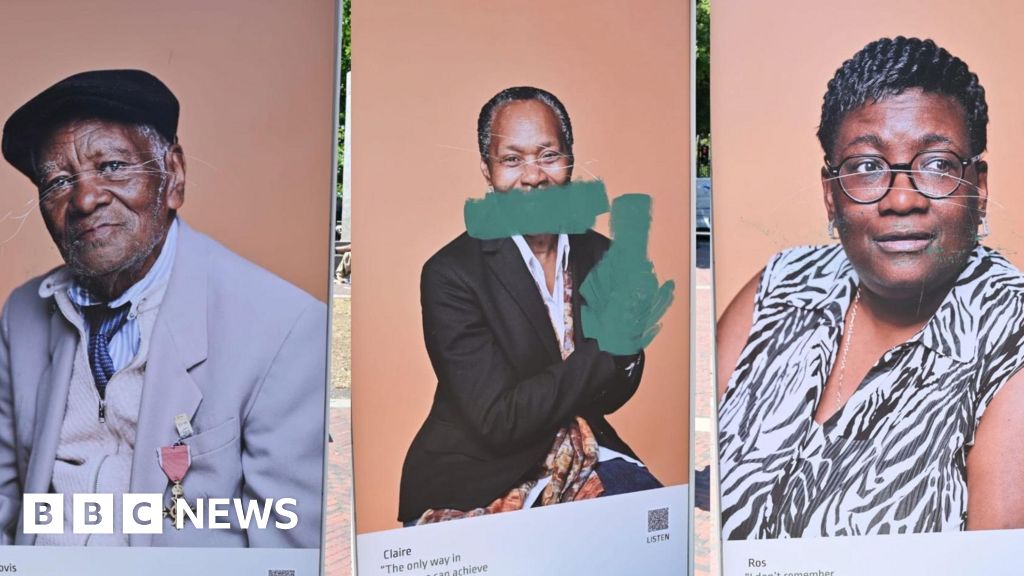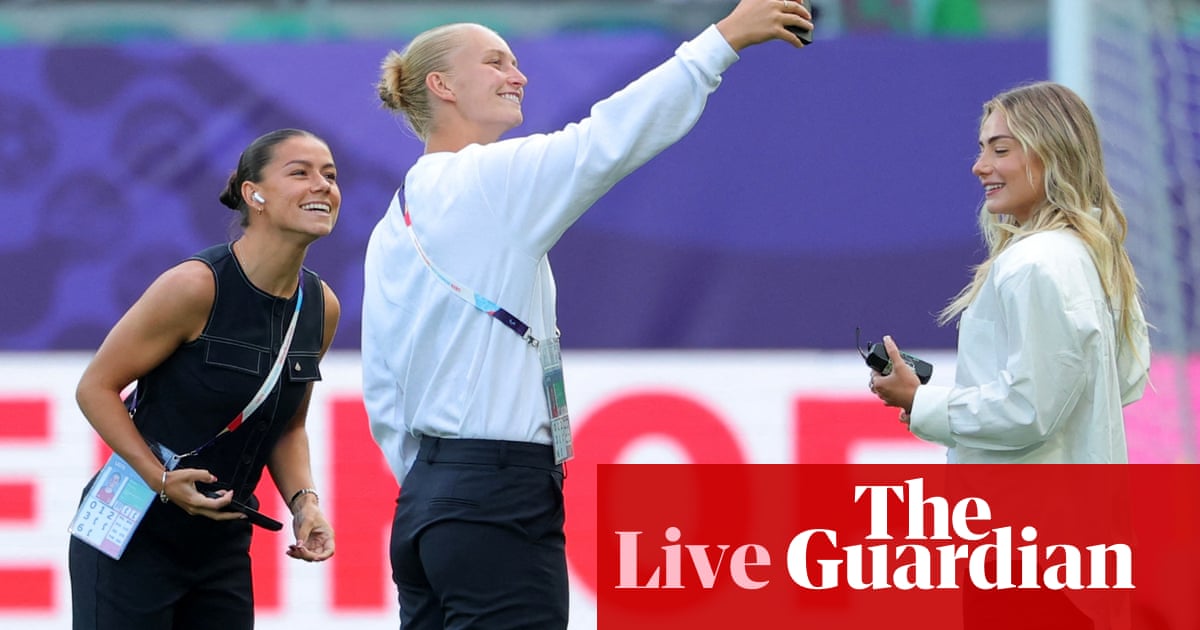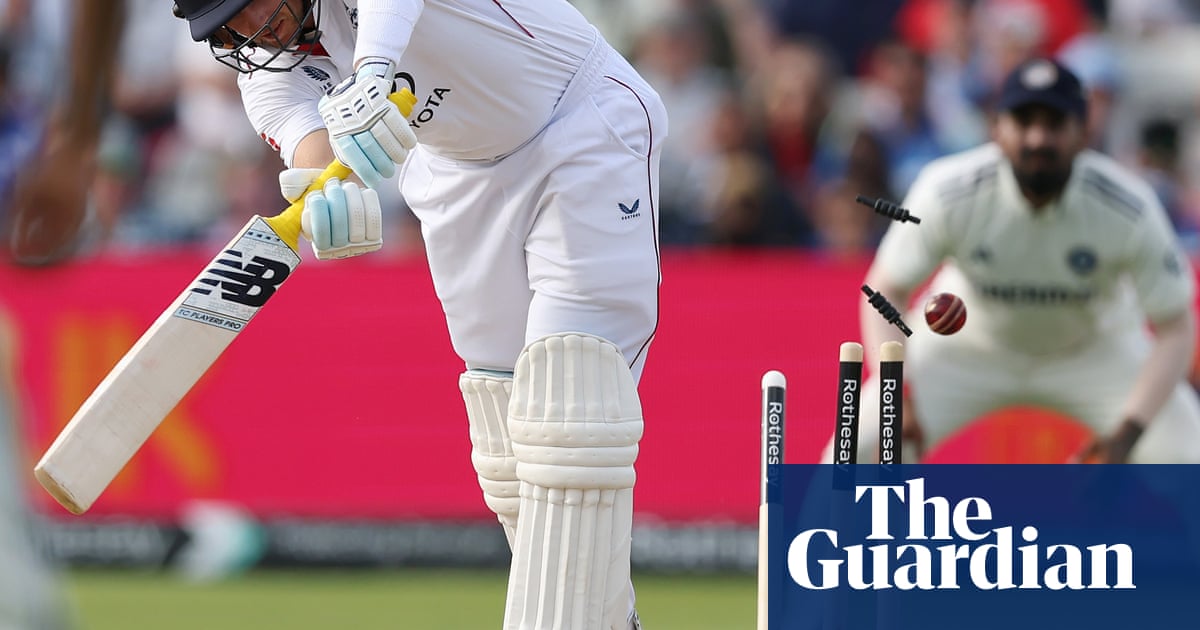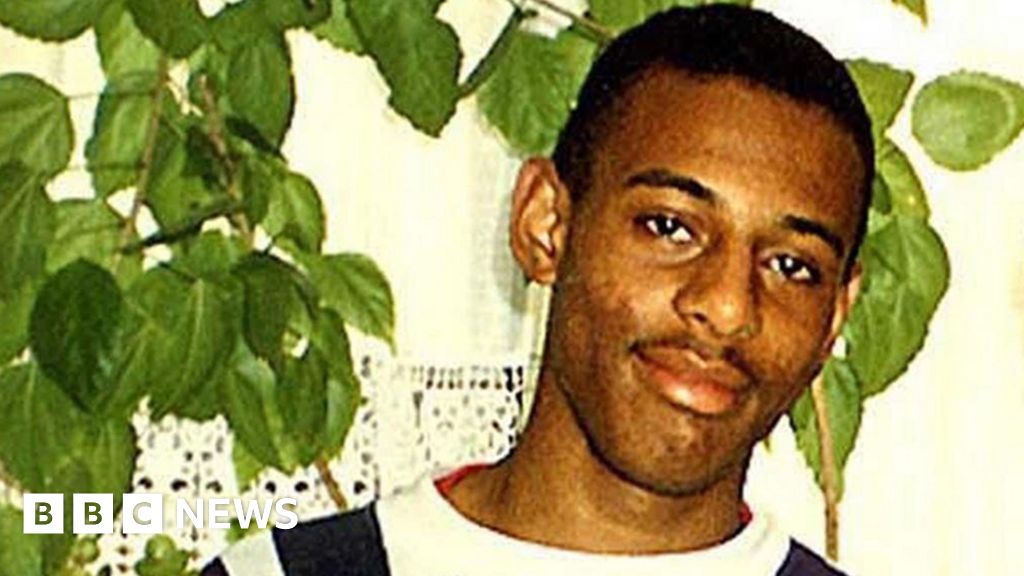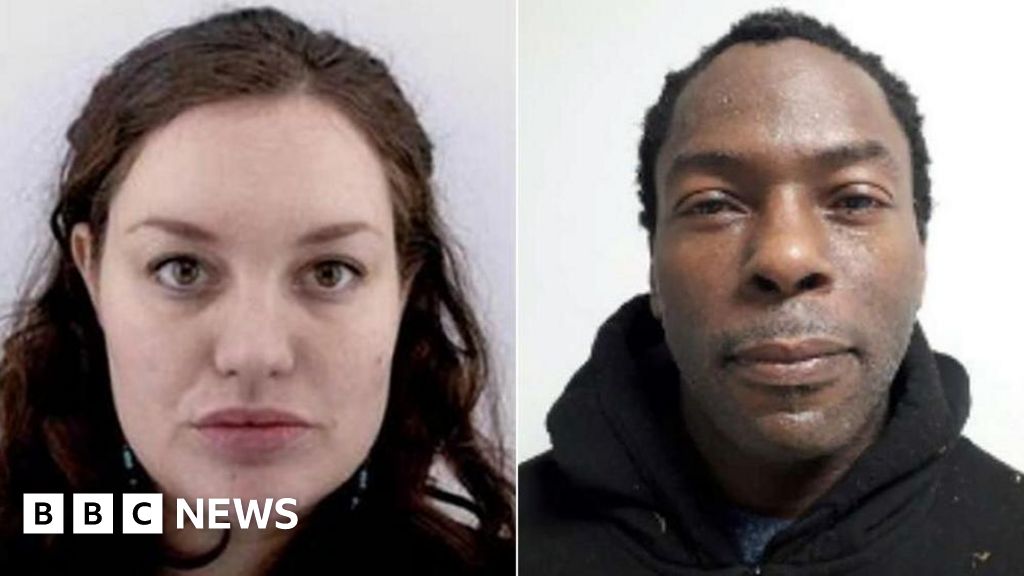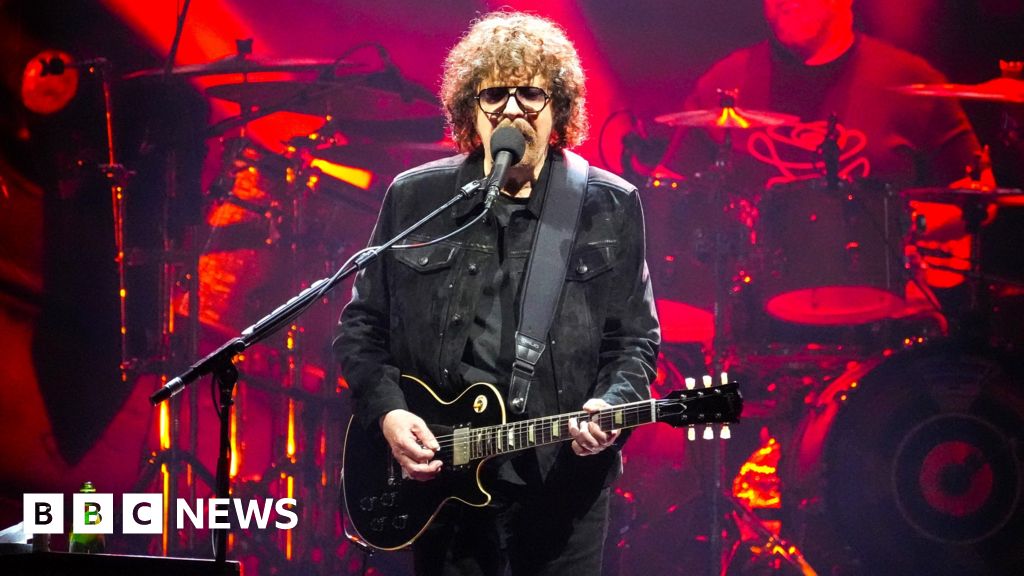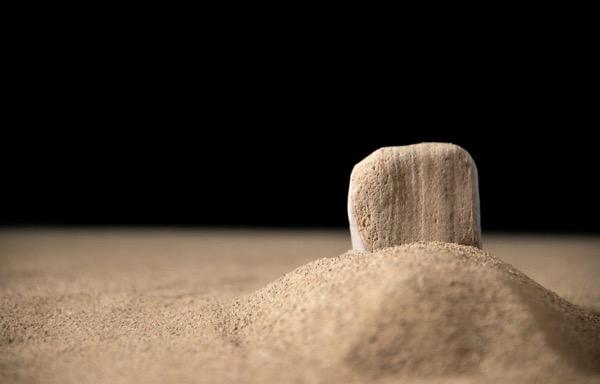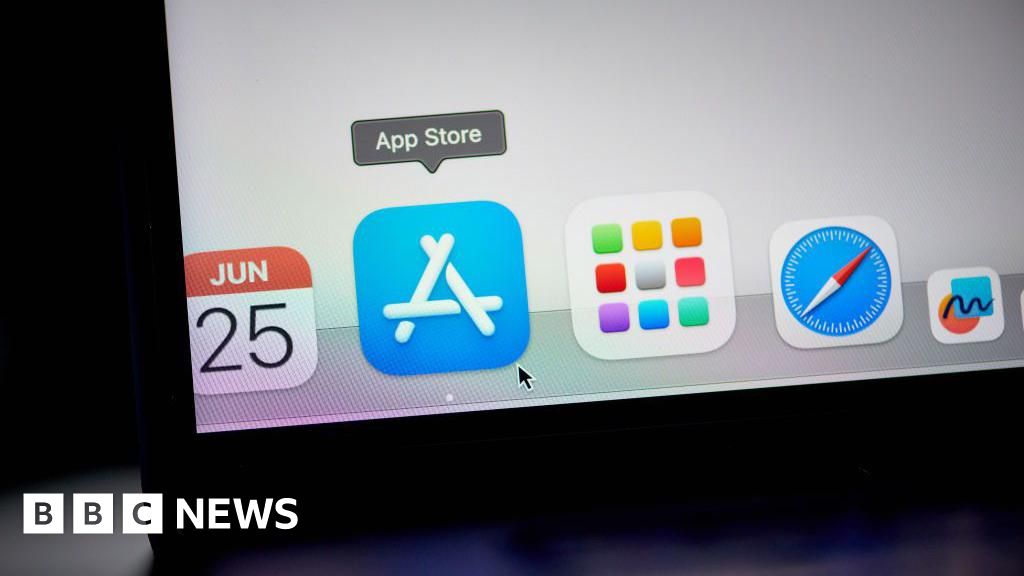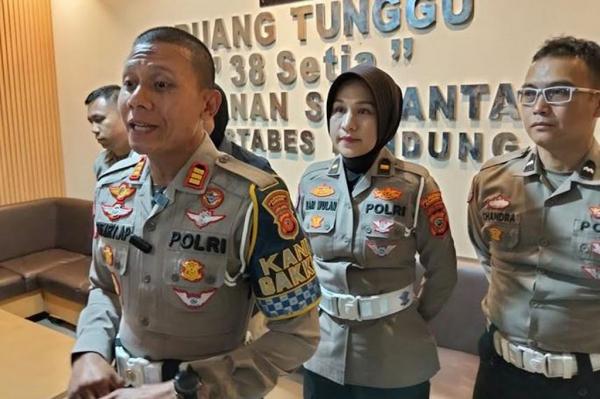Josh ParryLGBT & Identity reporter

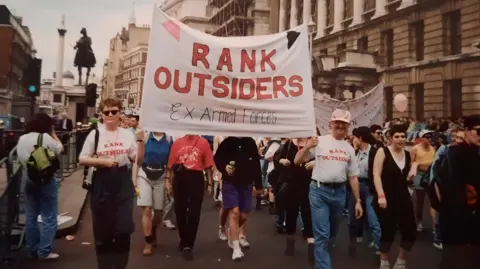 Rank Outsiders
Rank Outsiders
The military gay ban was repealed after a long campaign by a group of veterans called the Rank Outsiders
King Charles III will unveil a memorial to lesbian, gay, bisexual and transgender military personnel at his first official engagement in support of the LGBT+ community.
It was illegal to be gay in the British military until 2000, and those who were gay - or were perceived to be - faced intrusive investigations, dismissal and in some cases imprisonment.
The memorial, named "the open letter", is dedicated to people from the LGBT+ community now serving in the forces, as well as to mark the suffering of those who served under the ban.
Affected veterans say the monument signifies "closure" after decades of campaigning first to change the law, and then to push the government to make reparations.
The bronze sculpture, designed by Norfolk-based artist collective Abraxas Academy, will be officially unveiled today at the National Memorial Arboretum in Staffordshire, the UK's national remembrance site.
It resembles a crumpled piece of paper containing words from personal letters which were used as evidence to incriminate people.
The LGBT+ Veterans Memorial is one of 49 recommendations made by The Etherton Review, an independent report commissioned by government which looked at the treatment of LGBT+ veterans who served under the ban.
The report's author, the late Lord Etherton, said it gave "shocking" evidence of a homophobic culture, bullying, and sexual assaults endured by those who were pursued under the ban, including Pádraigín Ní Rághillíg.

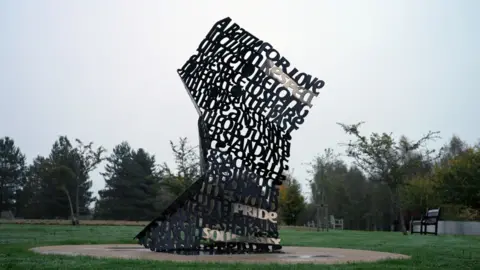 BBC / Ann Gannon
BBC / Ann Gannon
The King will visit the new memorial in his first official engagement in support of the LGBT+ community
Ms Rághillíg, 69, hadn't realised she was lesbian when she joined the Women's Royal Air Force in 1976, but began to understand her sexuality when she developed feelings for a female friend.
After divorcing her husband, she was posted to RAF Gibraltar where she worked as a telegraphist, a job which saw her work with morse code and given high level security clearance.
However, when a colleague saw her kissing a woman from the Women's Royal Navy (WRN) it signalled the end of nearly a decade of service.
She says she faced intrusive interrogations in which she was asked intimate questions about her sex life, was outed to friends and family, and lied to in an attempt to get her to give up the names of other gay personnel.
While waiting for repatriation back to the UK, Ms Rághillíg says she was sexually assaulted by a male colleague in an attempt to turn her straight.
She said: "He was touching my breasts and trying to put his hand down my trousers. He said: 'I'll sort you out'.
"Apparently there was some kind of sweepstake, some of the guys were betting on who could 'sort me out', which was terrifying."

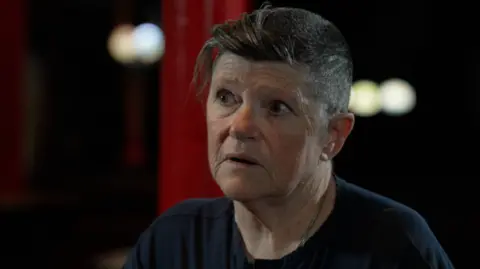
Pádraigín Ní Rághillíg was kicked out of the RAF after being seen kissing a woman
Similar accounts of dozens of other LGBT+ veterans who were sexually assaulted after revealing their sexuality are well-documented in the Etherton Report.
Abraxas Academy, a collective of artists behind the LGBT+ Armed Forces Community Memorial, were chosen from over 35 submissions by a panel made up of current and former LGBT+ personnel and groups including the Royal British Legion.
Nina Bilbey, design lead for the monument, told the BBC it was "humbling" to be involved in such an emotive project.
She said: "They've waited so long for some kind of recognition, we didn't want to let them down."
For Ms Rághillíg, the memorial signals "closure" for the treatment she endured in the name of the ban, and will also help ensure the ban and its effects are remembered for future generations.
"Given another 20 or 30 years, none of us will be left, but the memorial will be there and that's really important," she said.

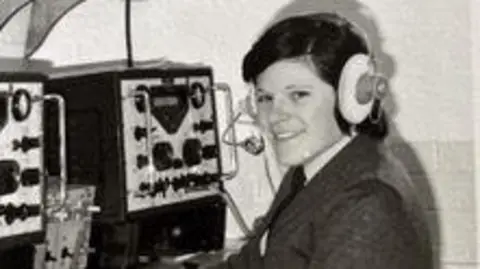 Pádraigín Ní Rághillíg
Pádraigín Ní Rághillíg
Pádraigín was given high security clearance in her role as a telegraphist while stationed in Gibraltar
The memorial project was led by Fighting With Pride, an LGBT+ veterans support charity set up to campaign for justice and support those impacted by the ban.
Its chief executive, Peter Gibson said: "It's a deeply emotional moment, expressing in physical form that what happened to them should never have taken place."
Veterans impacted by the ban can apply for a financial redress payment of up to £70,000.
Mr Gibson said he hoped the memorial would encourage veterans who have not yet come forward to apply for reparations, or to get in touch with the charity for support.
"We know there are more veterans who suffered under the ban who are owed justice and reparations," he said.
Other measures already completed include pardons for criminal convictions, a special LGBT+ veterans ribbon for those affected by the ban and the return of medals and berets.
A Ministry of Defence spokesperson told the BBC it "deeply regrets" the treatment of those impacted by the ban, and that what they experienced was "not reflective of today's values or the inclusive culture of our armed forces".
It added: "We commend the courage of those who have shared their experiences, and we remain dedicated to ensuring all personnel feel valued, respected, and able to thrive in our armed forces."
.png)
 4 hours ago
4
4 hours ago
4
